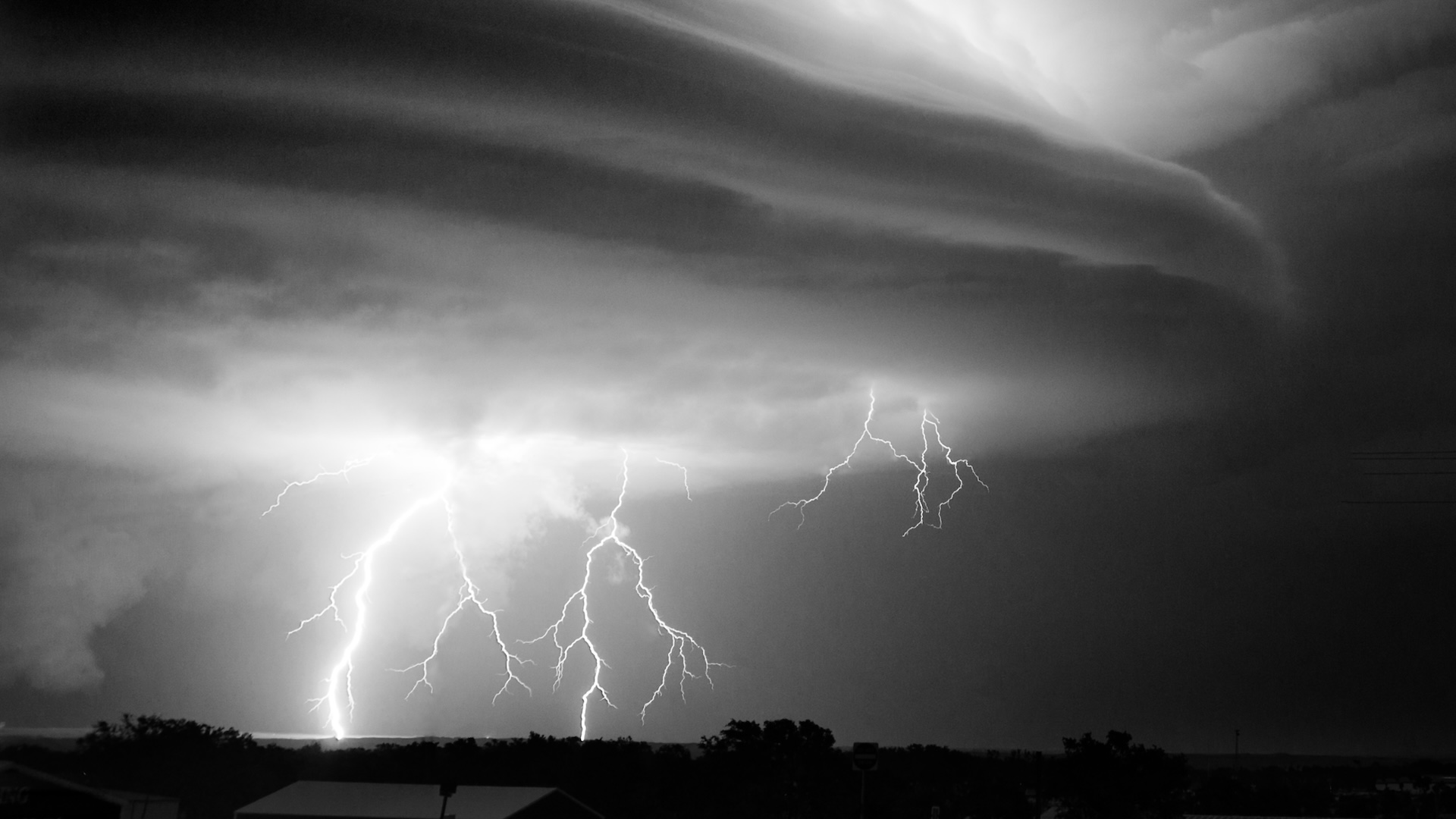‘Hostile Takeover’: DOGE and Howard Lutnick Are Destroying NOAA
Photo by Don Whitebread/NOAA
Could you explain why science is important to a malignant demon in 90 seconds? What about three short bullet points in an email? That’s the task facing scientists and others at the National Oceanic and Atmospheric Administration right now, as DOGE and Commerce Secretary Howard Lutnick have set about trying to fulfill the Project 2025 promise to dismantle the agency that studies the climate, provides weather data and forecasting, and generally keeps people safer.
“Lutnick’s position on every contract is ‘no’ and agency representatives have roughly a minute and a half to convince him otherwise,” one source at NOAA told Splinter. Lutnick is apparently focused on refusing contract renewals, while DOGE is intent on cancelling things outright, with a particular focus on high-dollar-value contracts without much consideration for why they cost a lot. They seem to be canceling things and then, maybe, with enough pushback within 24 hours, restoring them. Or not. “It really feels like a hostile private equity takeover.”
Contract cancelations and non-renewals seem particularly targeted at the office of Oceanic and Atmospheric Research, also just known as NOAA Research. This focuses on longer-term climate and weather research, improving weather forecasting, and many other areas. One contract that helped keep certain labs inside OAR running smoothly was recently canceled, and then restored after a wasted day of internal anxiety and effort. “It’s completely unserious,” a source at NOAA said. But per another source, while the restoration was obviously a good thing, “Good lord there are a lot of other contracts in the same boat.”
-

-

-

-

-

-

-

-

-

-

-

-

-

-

-

-

-

-

-

-

-

-

-

-

-

-

-

-

-

-

-

-

-

-

-

-

-

-

-

-

-

-

-

-

-

-

-

-

-

-

-

-

-

-

-

-

-

-

-

-

-

-

-

-

-

-

-

-

-

-

-

-

-

-

-

-

-

-

-

-

-

-

-

-

-

-

-

-

-

-

-

-

-

-

-

-

-

-

-

-

-

-

-

-

-

-

-

-












































































































